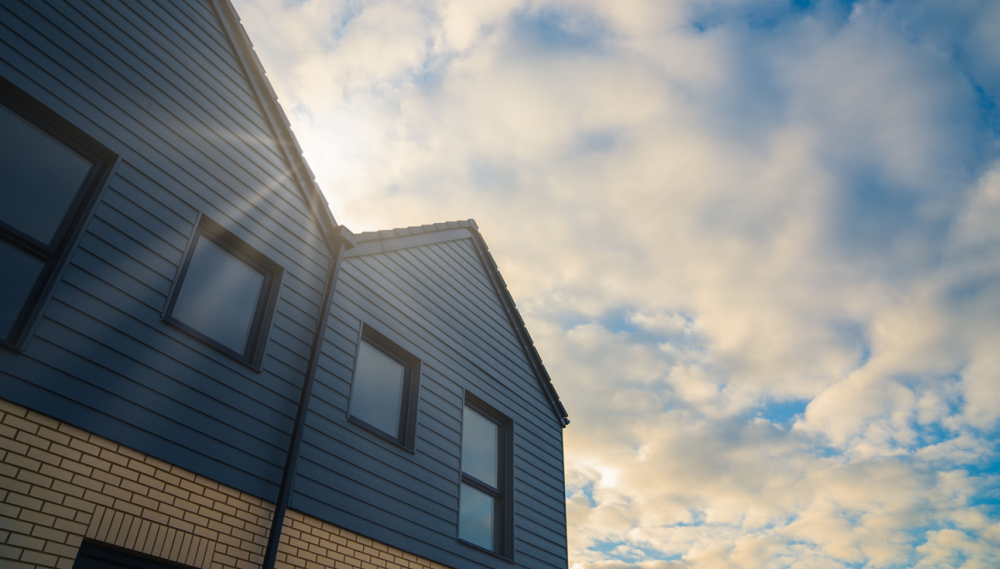No time for dither or delay on journey to net-zero.

Everyone agrees that living more sustainably is a necessity if the UK economy is to successfully transition to net-zero by 2050 and there is no time for dither or delay.
In the last few years, the corporate world has become obsessed with a new buzz word: ESG. Investors, both small and large, are racing to green their portfolios to position themselves as driving the world’s green revolution. In addition, there is no doubt that responsible investment funds, which not only meet environmental mandates but also seek to achieve a positive social impact, are growing in popularity among investors.
According to the Investment Association, UK retail investor net sales into responsible funds totalled £12.4 billion in the 12 months between February last year and this January.
But while the corporate world begins to clean up its acts, little attention is being given to advising and supporting consumers, and more specifically homeowners, on the transition to zero-carbon living. The importance of doing so cannot be underestimated as the UK’s housing stock, via domestic energy use, is currently responsible for 20 percent of the UK’s total emissions.
The Government has rightly taken the lead on ensuring new-builds in the UK are greener and therefore give consumers of new homes little option but to live in a more energy-efficient home.
Earlier this year, the Government set out proposals to change building regulations to reduce greenhouse gas emissions but eventually decided not to bring forward its proposed future homes standard from the scheduled 2025 commencement date, disappointing advocates of greener homes.
For consumers, this is likely to be a backwards step because householders buying brand new homes in the next four years are likely to find an unpleasant surprise awaiting them in the future: homes built today will have to be retrofitted with energy efficiency measures and low-carbon technology. The Committee on Climate Change put that at an average cost of more than £20,000.
These extra costs would amount to more than £20 billion for the new homes built up to 2025, if the government’s targets of building 300,000 new homes a year are met. The costs to consumers could be avoided if ministers bring in low-carbon standards sooner.
There is a way to avoid these costs: deliver zero-carbon homes today that are lower cost to run when compared to a traditional home. The technology already exists to build homes that emit no emissions via utilities such as heating and electricity. This month, ilke Homes launched its new zero-carbon offering to help institutional investors, developers, housing associations and councils deliver greener homes at scale.
Branded ilke Zero, the new offering will see ilke Homes deliver up to 2,000 homes that are zero-carbon in use each year in a bid to tackle the dual crisis of climate change and a chronic shortage of housing across the UK.
Using offsite manufacturing methods that improve levels of airtightness and integrate low carbon technologies, the homes could cost homeowners next to nothing to power. The timing of this innovation could not be more pertinent, with the Office for National Statistics revealing last month a surge in household gas and electricity bills pushed UK inflation to 2.5 percent; its highest level since the start of the pandemic.
This is not unique to our times. High energy prices have placed a worrying proportion of the British population in fuel poverty, with the most recent government figures estimating that there were 3.2 million fuel-poor households in England in 2019 – roughly 13 percent of the total number of households.
Therefore, building to zero-carbon standards now is not just vital to tackling climate change, but to also solving some of the UK’s most profound societal issues.
Achieving a net-zero economy is just as much about consumer buy-in as it is innovation. The key to reaching net-zero will be changing consumers’ choices, and by demonstrating that greener living is accessible and affordable, the net-zero milestone becomes achievable.
